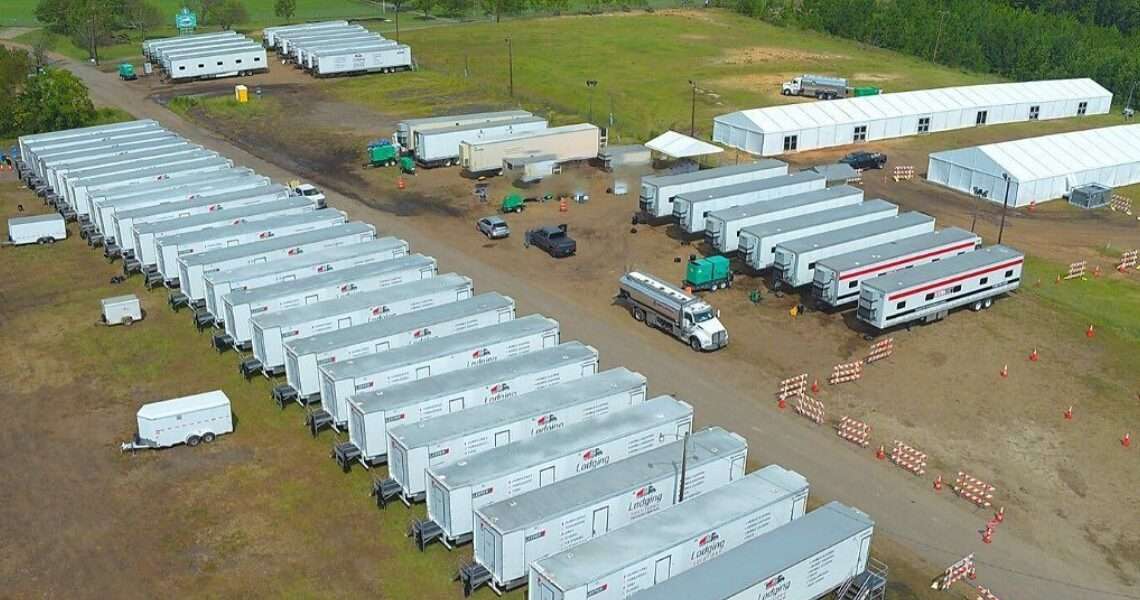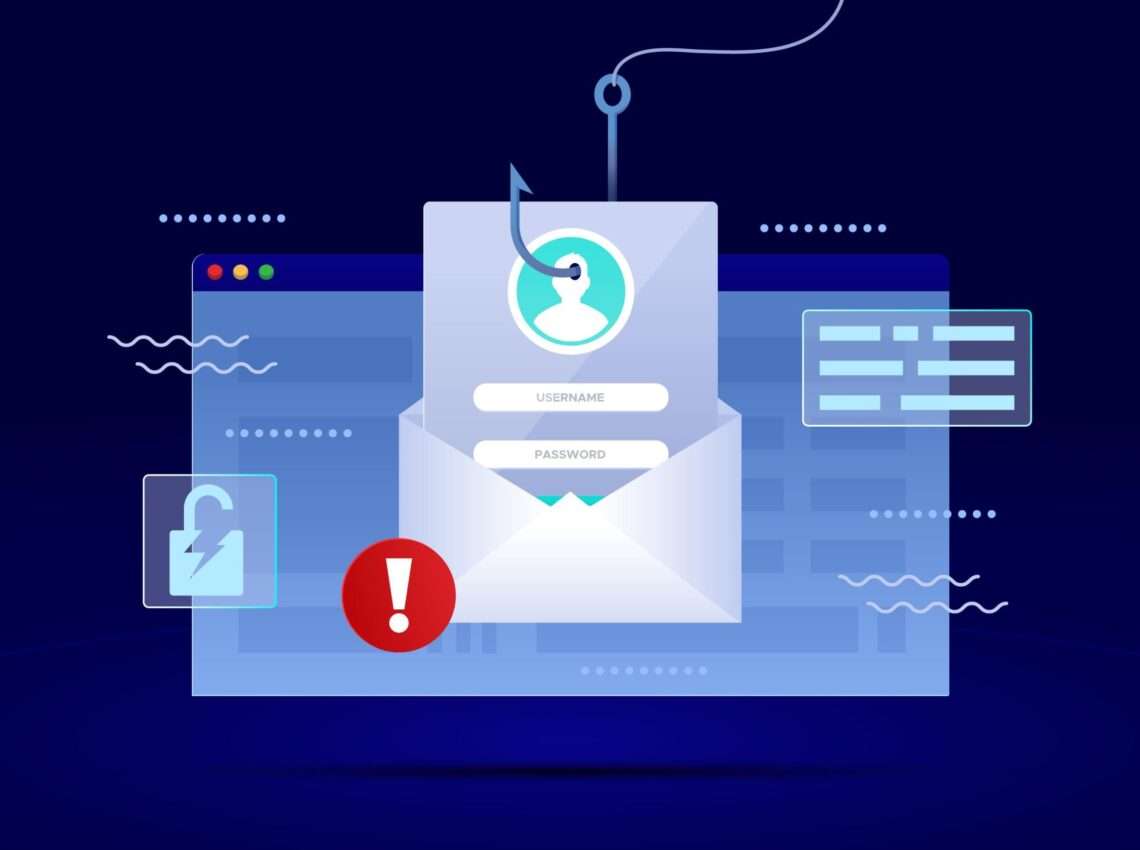7 Emerging Cybersecurity Trends in Agribusiness You Need to Be Aware Of
-
The Growing Digital Transformation in Agribusiness
Farming isn’t what it used to be. Gone are the days of purely manual labor and guesswork. Today’s farms are high-tech operations. They use smart devices, data analytics, and automated systems to boost crop yields and cut costs. This shift has made cybersecurity a top concern for modern farmers.
Why is cybersecurity so crucial? Simple. As farms become more connected, they’re also more vulnerable to cyber attacks. A hacked system could mess up irrigation schedules, ruin crops, or leak sensitive data. That’s why staying on top of cybersecurity trends is a must for anyone in agribusiness.
-
The Rise of IoT in Agriculture and Its Security Challenges
The Role of IoT in Precision Farming
IoT, or the Internet of Things, has revolutionized farming. Imagine sensors that tell you exactly when to water your crops or drones that spot pest infestations before they spread. That’s IoT in action. It’s making farming more precise and efficient than ever before.
Security Vulnerabilities in Agricultural IoT Systems
But here’s the catch: all those connected devices can be weak spots for hackers. Many IoT devices lack basic security features. They might have weak passwords or outdated software. This makes them easy targets for cybercriminals. A hacked IoT system could lead to crop failure or even equipment damage.
To stay safe, farmers need to treat their IoT devices like any other computer. That means regular updates, strong passwords, and careful monitoring. Some farmers are even hiring cybersecurity experts to help secure their IoT networks.
-
Data Breaches in Agri-Tech Platforms
The Growing Use of Agri-Tech Platforms for Data Management
Farmers today aren’t just working the land – they’re also managing mountains of data. Agri-tech platforms help them track everything from soil conditions to market prices. These tools are great for making smart decisions and boosting profits.
The Threat of Data Theft in Agribusiness
But all that valuable data is tempting to thieves. Hackers might try to steal trade secrets, financial info, or customer data. A data breach could hurt a farm’s reputation and bottom line. It might even lead to legal troubles if sensitive customer info gets leaked.
To protect against data breaches, we recommend using strong encryption and access controls. Regular security audits can also help spot potential weaknesses before hackers do. And don’t forget about employee training – often, human error is the weakest link in data security.
-
Ransomware Attacks on Critical Agricultural Infrastructure
Understanding Ransomware in Agribusiness
Ransomware is a nasty type of malware that’s hitting farms hard. It works by locking up important files or systems. Then, the attackers demand a ransom to unlock them. For a busy farm, this can be devastating.
Potential Consequences of Ransomware on Food Supply Chains
Imagine a large farm hit by ransomware during harvest season. Suddenly, automated harvesters stop working. Inventory systems go dark. Shipments get delayed. It’s not just one farm that suffers – the whole food supply chain feels the impact.
To fight ransomware, regular backups are key. We also suggest using robust antivirus software and keeping all systems updated. Some farms are even buying cybersecurity insurance to help cover potential losses.
-
AI and Machine Learning in Agricultural Cybersecurity
Harnessing AI for Threat Detection
Artificial Intelligence isn’t just for self-driving tractors. It’s also a powerful tool in the fight against cyber threats. AI systems can spot unusual patterns that might signal an attack. They work faster than any human could, catching threats in real-time.
Challenges in Implementing AI-based Security Solutions
But AI isn’t a magic bullet. It needs lots of data to work well. For small farms, that can be a challenge. AI systems can also be expensive to set up and maintain. Despite these hurdles, many experts see AI as the future of agricultural cybersecurity.
-
The Growing Need for Cybersecurity Education in Agriculture
Bridging the Knowledge Gap
Many farmers are experts in crops, not computers. This knowledge gap is a big security risk. Hackers often target people who aren’t tech-savvy. That’s why cybersecurity education is becoming crucial in agriculture.
Developing Cyber-Aware Agricultural Workforce
Some agricultural colleges are now offering courses in cybersecurity. Many farms are also providing training for their staff. Topics might include spotting phishing emails, using strong passwords, and safely handling sensitive data.
In conclusion, the digital revolution in farming brings both opportunities and risks. By staying aware of these cybersecurity trends, farmers can better protect their operations. Remember, in today’s connected world, cybersecurity isn’t just for tech companies – it’s for everyone who wants to keep their business safe and thriving.
-
Cloud-Based Solutions and Their Security Risks
Security Risks of Cloud Usage in Agribusiness
Farmers are taking to the cloud like ducks to water. It’s easy to see why. Cloud services offer easy data storage and access from anywhere. They’re perfect for managing large farms or coordinating with suppliers. But the cloud isn’t all sunshine and rainbows. It comes with its own set of security headaches.
One big risk is data breaches. When you store sensitive info in the cloud, you’re trusting someone else to keep it safe. If the cloud provider slips up, your data could be exposed. This might include crop yields, financial records, or even trade secrets. A leak could hurt your business in more ways than one.
Another worry is unauthorized access. If someone gets hold of your cloud login, they could wreak havoc. They might mess with your data, steal information, or even sabotage your operations. It’s like leaving your farm gate wide open – you never know who might wander in.
Then there’s the issue of data loss. Cloud providers usually have backup systems, but they’re not foolproof. A technical glitch or cyberattack could wipe out your data. Imagine losing years of crop data or financial records in an instant. It’s a nightmare scenario for any farmer.
Strengthening Cloud Security in Agribusiness
So, how do we make the cloud safer for farms? First off, choose your cloud provider carefully. Look for ones with strong security track records. They should offer features like encryption and multi-factor authentication. These tools make it harder for hackers to get at your data.
Next, we advise setting up strict access controls. Not everyone on the farm needs access to everything. Give each person only the permissions they need to do their job. This limits the damage if one account gets compromised.
Regular security audits are also a must. These can spot potential weaknesses before hackers do. Some farms hire outside experts for this. Others use automated tools that constantly monitor for threats.
Don’t forget about employee training. Many security breaches happen because of human error. Teach your team about strong passwords, phishing scams, and safe data handling. A little knowledge can go a long way in preventing security slip-ups.
-
Cybersecurity Regulations and Compliance in Agribusiness
The Importance of Compliance for Agricultural Enterprises
Farming used to be a pretty free-wheeling business. But these days, there are rules for everything – including cybersecurity. More and more countries are passing laws about data protection and cyber safety. For farms, this means a whole new world of regulations to navigate.
Why all the fuss? Well, farms handle a lot of sensitive data. This might include customer information, financial records, or even trade secrets. Governments want to make sure this data stays safe. They’re also worried about protecting critical infrastructure – like food supply chains – from cyber attacks.
Failing to follow these rules can lead to big trouble. Fines are often hefty. Some laws even allow for criminal charges in serious cases. But it’s not just about avoiding punishment. Good compliance can actually help your business. It builds trust with customers and partners. It can even give you an edge over competitors who aren’t as security-savvy.
How Agribusinesses Can Achieve Cybersecurity Compliance
So, how do farms stay on the right side of these regulations? First, we recommend getting to know the laws that apply to you. This might vary depending on where you operate and what kind of data you handle. Some common regulations include GDPR in Europe and various state-level laws in the US.
Next, take stock of your current security measures. Do they match up with what the law requires? If not, it’s time to make some changes. This might mean upgrading your software, changing how you handle data, or beefing up your security protocols.
Documentation is key in compliance. You need to show that you’re following the rules, not just say you are. Keep detailed records of your security practices. This includes things like risk assessments, employee training, and incident response plans.
Many farms find it helpful to appoint a compliance officer. This person keeps track of changing regulations and makes sure the farm stays compliant. They might be an existing employee who takes on extra duties, or a new hire specializing in compliance.
Regular audits are another important part of compliance. These can be internal checks or reviews by outside experts. They help spot areas where you might be falling short of regulations. It’s better to find and fix these issues yourself than have a regulator point them out.
Employee training is crucial for compliance too. Many regulations require that staff know how to handle data safely. This might include training on privacy laws, data handling procedures, and how to spot potential security threats.
-
Conclusion
Lastly, we advise staying flexible. Cybersecurity laws are always evolving. What’s compliant today might not be tomorrow. Keep an eye on changing regulations and be ready to adapt your practices as needed.
In conclusion, cybersecurity in agribusiness is a complex and ever-changing field. From cloud security to regulatory compliance, there’s a lot for farmers to keep track of. But by staying informed and taking proactive steps, farms can protect themselves from cyber threats and stay on the right side of the law. In today’s digital age, good cybersecurity isn’t just nice to have – it’s essential for any farm that wants to thrive.




